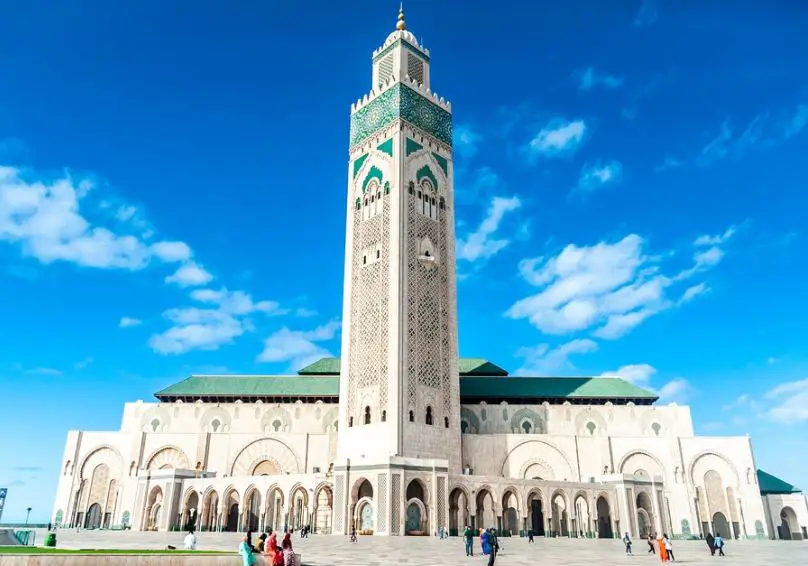What are the entry requirements for India?
Post ByAdequate Travel
Summary
India has some unique entry requirements and regulations for visitors that you must be aware of when planning a trip. This blog will outline the requirements for entry into India so that prospective travelers can make the necessary preparations before embarking on their journey. Keep in mind that travel guidelines and travel rules may change anytime, so regularly check for updates to ensure a hassle-free and memorable travel experience.Entry Requirements for India:
1. Visa: Most foreign visitors require a visa to enter India. The type of visa will depend on the purpose of your visit, such as tourism, business, employment, or education. It is important to check the specific visa requirements and apply accordingly before traveling to India. Examples of visas include: • Tourist Visa: Required for those visiting India for leisure, sightseeing, or meeting friends and relatives. • Business Visa: Required for individuals attending business meetings, conferences, or trade fairs. • Employment Visa: Required for individuals intending to work in India.2. Passport: A valid passport is essential for entry into India. It should have a minimum validity of six months from the date of arrival. It is recommended to have at least two blank pages in your passport for immigration stamps.3. COVID-19 Requirements: Due to the ongoing pandemic, additional entry requirements related to COVID-19 may be applicable. These requirements are subject to change based on the prevailing situation and government regulations. Examples include: • Negative COVID-19 Test: Many countries require travelers to present a negative RT-PCR test result conducted within a specified timeframe before departure. • Quarantine: Some travelers may be required to undergo mandatory quarantine upon arrival, which can vary in duration based on factors such as vaccination status and country of origin. • Health Declaration: Some countries may require passengers to fill out a health declaration form prior to travel.4. Restricted/Protected Areas: Certain areas in India are restricted due to security concerns or protected for environmental reasons. If you plan to visit these areas, such as the Andaman and Nicobar Islands or certain regions in the northeast, you may require special permissions or permits. It is advisable to check with the Indian embassy or consulate in your country for further information.5. Travel Insurance: While not mandatory, it is recommended to have travel insurance that covers medical expenses, trip cancellation, or any unforeseen circumstances during your stay in India.6. Return/Onward Ticket: It is advisable to have a confirmed return or onward ticket to show your intent to leave India within the permitted duration of your stay. Immigration officials may ask for this as proof of your travel plans.It is crucial to stay updated with the latest guidelines and requirements from the Indian authorities or consult with the Indian embassy or consulate in your country prior to your travel to ensure compliance with all entry requirements.The place is known for its rich history and culture, welcomes tourists with open arms. However, be sure to review the travel advisory and travel warnings to ensure a safe and enjoyable experience.
Suggested Questions
- Dumas Beach, Gujarat: Horror Story, History & Paranomial Activities
- Agrasen Ki Baoli, Delhi: Horror Story, History & Paranomial Activities
- Savoy Hotel, Mussoorie, Uttarakhand: Horror Story, History & Paranomial Activities
- Feroz Shah Kotla Fort, Delhi: Horror Story, History & Paranomial Activities
- Raj Kiran Hotel, Maharashtra: Horror Story, History & Paranomial Activities
- Brij Raj Bhavan Palace, Rajasthan: Horror Story, History & Paranomial Activities








